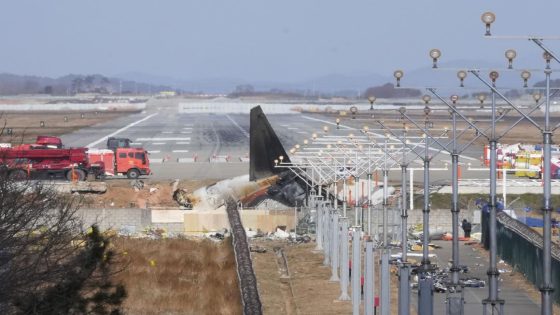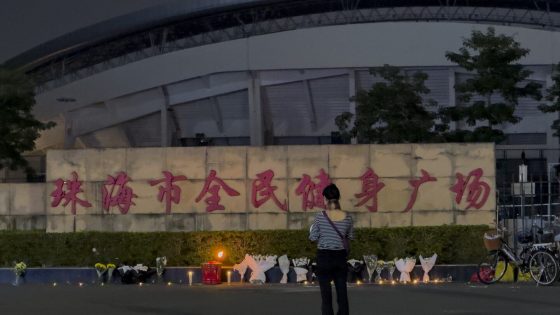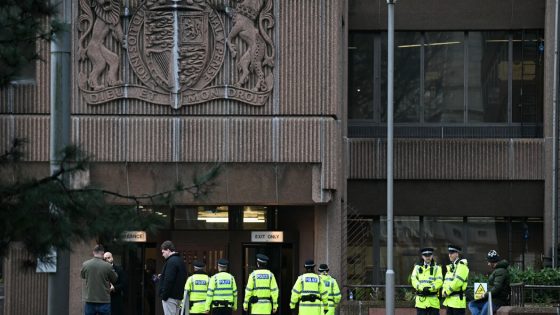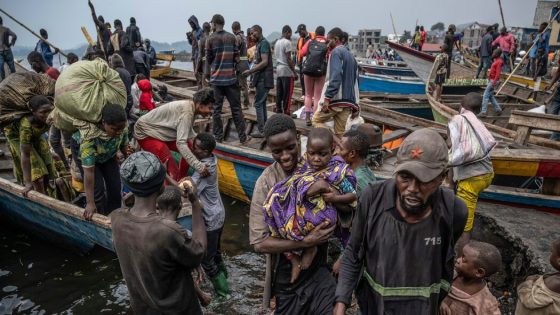On January 22, 2025, South Korea announced significant changes to aviation safety regulations following a recent crash involving Jeju Air. This incident has prompted the government to enforce stricter safety measures for budget airlines operating within the country.
- South Korea enacts changes post-Jeju Air crash
- Budget airlines urged to enhance safety measures
- Latest analysis released on Jeju Air crash
- Crash raises more questions than answers
- Concrete barriers to be removed after incident
The Jeju Air crash has raised serious questions about the safety protocols of budget airlines in South Korea. The government is now mandating that these airlines implement more rigorous safety checks and maintenance procedures. This decision comes amid increasing scrutiny of the aviation sector following several incidents that have raised alarms about passenger safety.
Key measures being introduced include:
- Enhanced inspections of aircraft prior to flights.
- Mandatory training programs for crew members focused on emergency response.
- Regular audits of safety compliance for all budget airlines.
In addition to these new regulations, South Korea plans to remove concrete barriers at airports that may have contributed to the severity of the crash. This change aims to improve safety during takeoffs and landings, especially in adverse weather conditions. The government is also collaborating with international aviation authorities to ensure that its safety standards meet global benchmarks.
The recent Jeju Air crash has catalyzed a major shift in South Korea’s approach to airline safety. By tightening regulations and enhancing oversight, the government aims to restore public confidence in budget airlines and ensure the safety of all passengers.
































